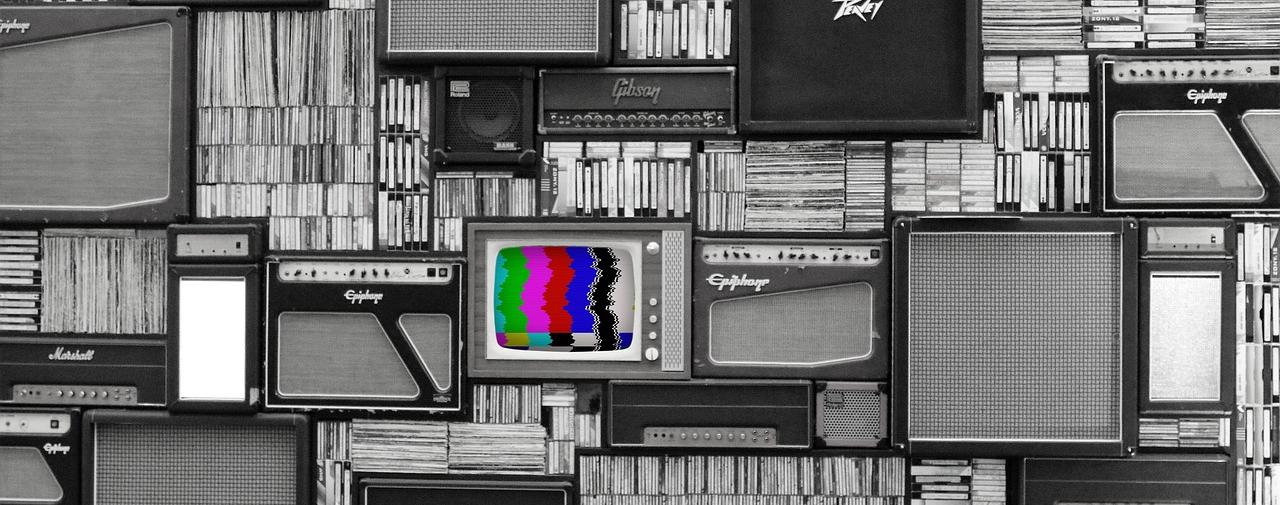
This Week’s Insights: How technology changed TV… Study says we’re not so hot on movie remakes… The remake of the Indianapolis Museum challenges what a museum is… Does TV make you dumber?… Algorithms are changing our tastes
- Why TV Got To Be So Much Better: It’s technology, actually. When TV was a transitory thing you could see only when it was scheduled, it was simpler, more formulaic. When VCRs, then DVRs and finally streaming became widespread, audiences could watch at their own leisure, binge, rewatch and form communities around shows to debate and express their love (or hate). It was the building of communities around these shows and the ability to study them in every nuance that spurred a bump in the complexity and quality of what got made.
- Study Says we’re Lukewarm On Remakes: So why has Hollywood gone all in on remaking popular shows? The study found that fully 91 percent of remakes drew a less positive audience score than the original. Among critics, the remakes received a lower Metacritic score just slightly less frequently -— 87 percent of the time. So what gives? In the economics of big-budget movies, taking risks on projects that already have a following is less scary than starting from scratch. Plus there’s the newly-important worldwide audience to consider – which now often generates higher box office than in the US.
- The Indianapolis Museum Of Art Has Transformed Itself: In every way, it seems, trying to loose itself from ideas of what a museum has traditionally been. But while the crowds have been up, museum critics aren’t necessarily excited. “Critics have accused [Charles] Venable of dumbing down the museum with his crowd-pleasing, cost-conscious changes. But his program has also touched a nerve as institutions around the country confront a tough new calculus.”
- Does TV Make You Dumber? “These claims sound far too much like the sort of thing educated people want to believe. But a meticulous new paper published in the American Economic Review, one of the world’s most prestigious social-science journals, suggests that there might be truth to these clichés.” Actually, it might have more to do with how you watch…
- How Our Tastes Are Being Narrowed: We have the illusion of discovering new music because we hear new music. But seeking out the new is work, and we’ve been happy to outsource it to the machines. Beyond obscuring labor, the switch to digital has reprogrammed our discovery and consumption of music. Despite the seemingly unprecedented supply of music, Damon Krukowski suggests that internet companies, like Spotify and Amazon, “are replacing the freedom and chaos of the internet at large, with the control and predictability of algorithms.

Leave a Reply